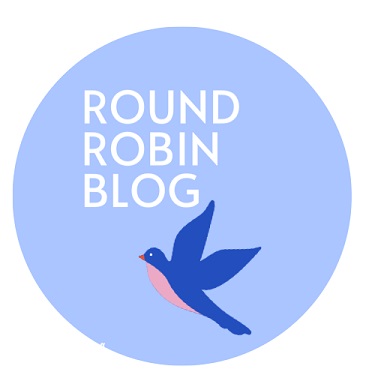
It’s almost the end of June already and time for this month’s authors’ Round Robin. I’ve based my post on a topic set by author Dr Bob Rich.
Something that comes up quite often when I’m editing for other writers is whether characters are ‘likeable’. In many ways it’s easier to write a villain, because we can go all out to make them a bad guy and know readers will hate them, too. But I think it takes a particular skill to create a likeable villain.
Here’s my take on this month’s topic:
Who are your favourite charming or likeable villains in literature?
Here are the six literary villains I’ve chosen:
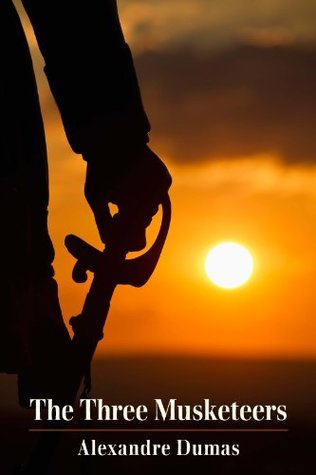
Milady de Winter in The Three Musketeers
Milady is d’Artagnan’s nemesis: intelligent, beautiful, resourceful, charming and a deadly assassin. I won’t spoil anything if you haven’t read the book, but it’s not until the end that you find out more about her. Although she’s cruel and heartless, I always feel a strong spark of sympathy for her. She met her match in the musketeers – who could be equally ruthless.

Severus Snape in the Harry Potter books
Snape is my favourite of J.K. Rowling’s characters. In children’s books the bad guys are always bad, and the good are good. Snape is presented at the start as someone who must surely be bad, with his greasy hair and his bullying of Harry. But Rowling sets this up brilliantly so that we don’t hate him completely in the opening. Dumbledore is loyal to Snape so we sense right from the beginning there must be something more to him than we see at first sight. Turns out he’s brave, and loyal, too, and genuine hero material.
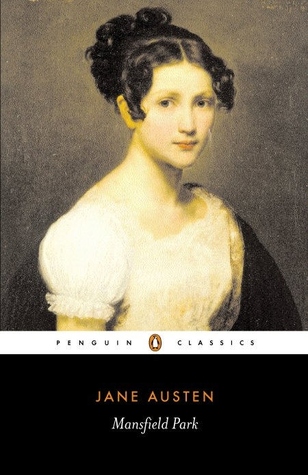
Henry Crawford in Jane Austen’s Mansfield Park
Henry Crawford is handsome, charismatic and rich, and with any other author he’d be the perfect romantic hero. With Austen, though, Crawford turns out to be a cad who’s only interested in himself. But he’s redeemed for me and probably many other readers by the fact he falls hopelessly in love with quiet, staid Fanny Price. She could have been the making of him if she hadn’t been in love with dull and foolish Edmund. When I was a teenager I was convinced Fanny ended up with the wrong man. Sigh.

Count Fosco in Wilkie Collins’ The Woman in White
On the surface Count Fosco is a ruthless character with nothing to recommend him. He’s manipulative and dastardly and has the most cunning plan to rob the heroine of her fortune. But he’s also eloquent and charming, and despite his enormous obesity he’s extremely seductive. It’s interesting that in the BBC adaptation Count Fosco was played by a handsome actor in Riccardo Scamarcio. But Collins created a complicated character who was magnetic despite his appearance, and not because of it.
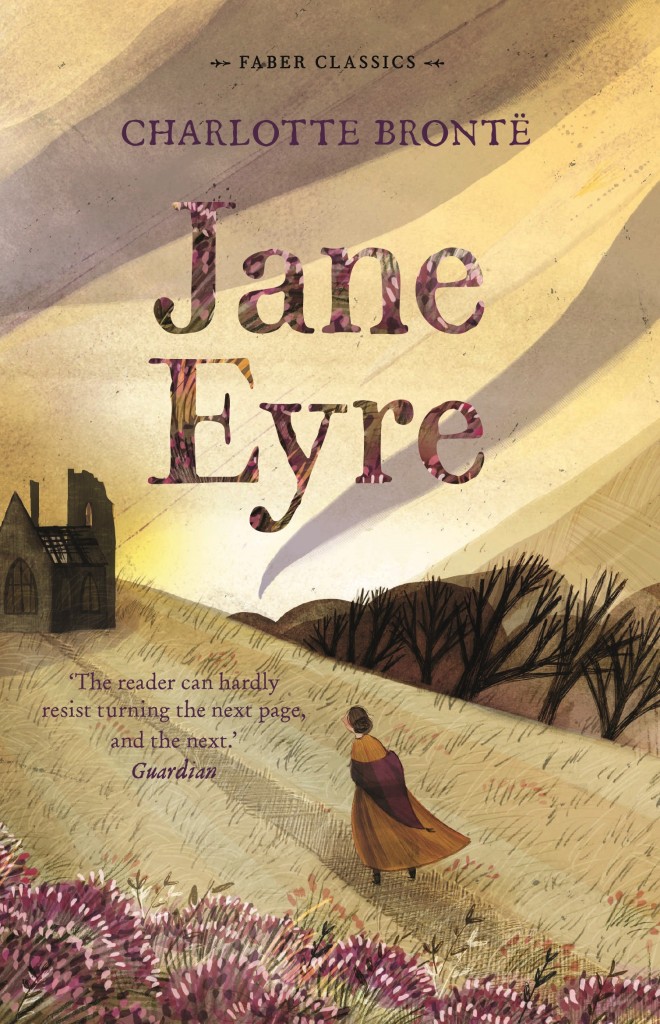
Bertha Rochester in Charlotte Brontë’s Jane Eyre
I first read Jane Eyre as a teenager, and I took Bertha at face value – the mad and bad woman in the attic who is out to destroy Jane. In my early twenties I read Jean Rhys’s brilliant Wide Sargasso Sea, which tells Bertha’s story. It paints a completely different picture of slavery, female oppression and mental health stigma and ignorance. I’ve never been able to enjoy Jane Eyre since, and of all literary villains, Bertha must the most to be pitied.
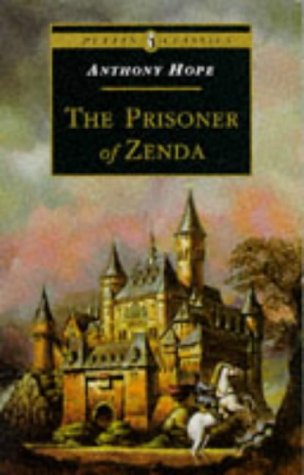
Rupert of Hentzau in Anthony Hope’s The Prisoner of Zenda
Author K.J. Charles describes this book as ‘a rip-roaring swashbuckling tale of an Englishman posing as a king in a [fictional] European country. It has beautiful princesses, dastardly skulduggery, a hot-as-fire villain, endless swordfights, a lot of highly dubious Victorian attitudes with a lot of misogyny and whiffs of racism, and a remarkably high body count.’

K.J. Charles has written her own inimitable homage to The Prisoner of Zenda in The Henchmen of Zenda. She’s right about the villain, Rupert of Hentzau – he’s charming, witty and as hot as fire. Anthony Hope must have loved him himself, because he later gave the character his own book, Rupert of Hentzau.
And in the 1952 film, James Mason plays Rupert. Who could possibly be better to play a charming villain? You can watch three and a half fabulous minutes of James Mason duelling with Stewart Granger in this YouTube clip.
My romantic suspense novel, In the Mouth of the Wolf, also started as an homage to The Prisoner of Zenda, which is a book about doppelgängers. I’m fascinated by doppelgängers in fiction, and in my novel my Scottish heroine takes the place of a princess in a fictional European country. I based the country on Monaco, and my villain is…well, you’d have to read the book to find out who the real villain of the piece is!
In the Mouth of the Wolf was great fun to write, and I’ve really enjoyed revisiting some of my favourite villains in literature.
Who are your your own favourite villains, in either films or books? And do you love doppelgänger stories as much as I do? If so, which are your favourites?
If you have any comments at all, I’d love to hear from you! And if you’d like to check out what the other authors are saying on this topic, please click on the links below…
Skye Taylor http://www.skye-writer.com/blogging_by_the_sea
Fiona McGier http://www.fionamcgier.com/
Judith Copek http://lynx-sis.blogspot.com/
Dr. Bob Rich https://wp.me/p3Xihq-1W6
Connie Vines http://mizging.blogspot.com/
Diane Bator http://dbator.blogspot.ca/
Rhobin L Courtright http://www.rhobincourtright.com


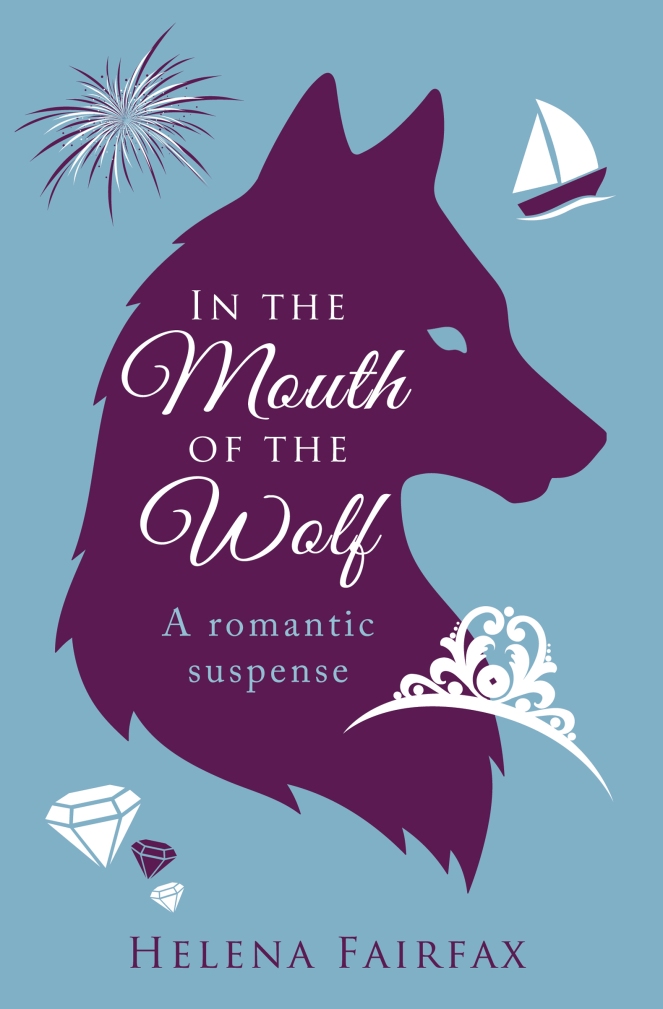
Leave a Reply